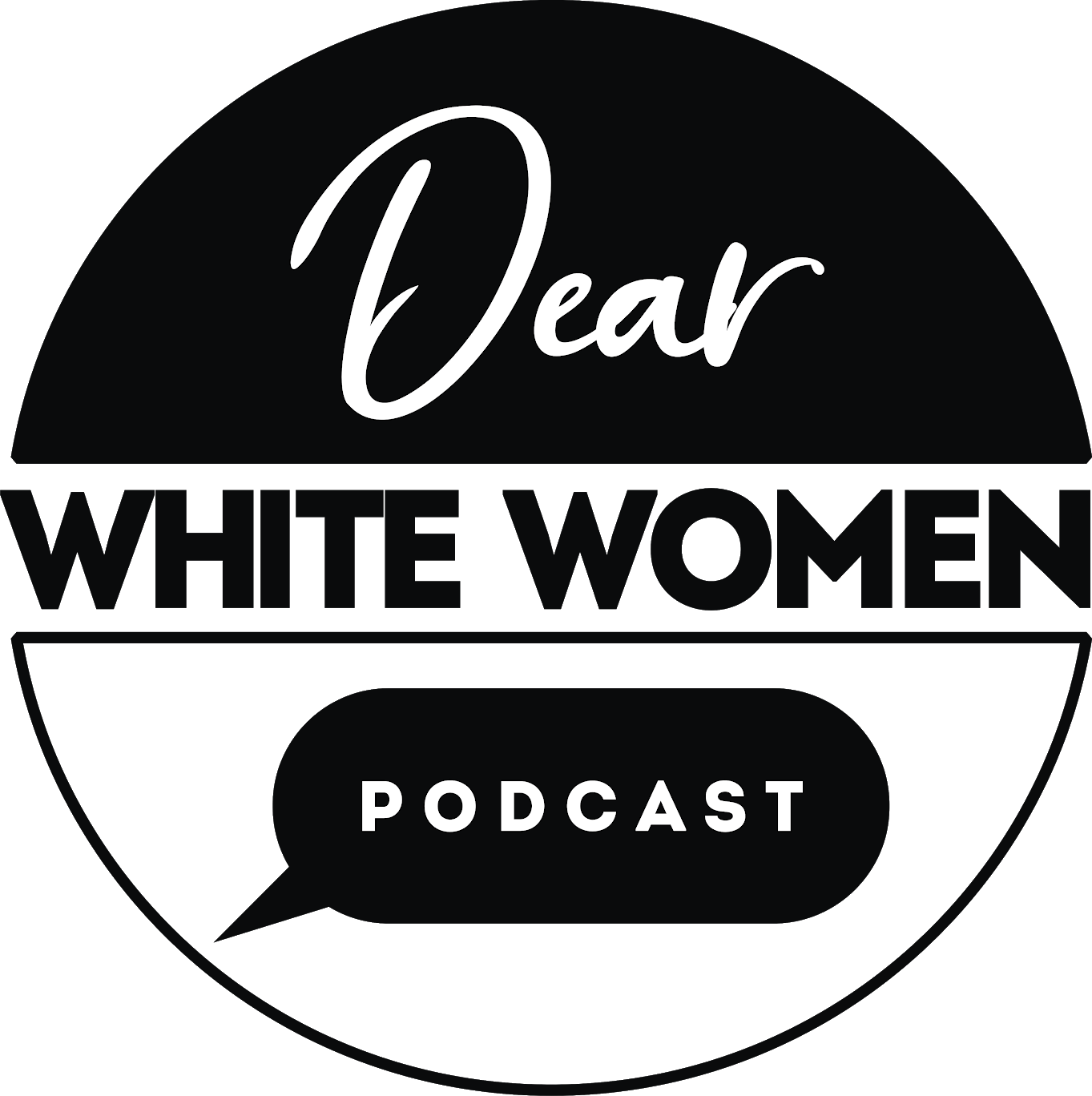When we first thought about talking to our guest John Tateishi today, we thought about diving into the reparations process that he helped lead for Japanese survivors of the internment camps on American soil - especially as a great follow-up to our conversation with cameron whitten about reparations for slavery. Being biracial Japanese/White women, growing up in the United States meant that the history of internment camps, reparations, and the treatment of Japanese Americans as the “other” were things that we didn’t necessarily learn about in school, but knew through our communities. We thought we couldn’t speak to a better person about this than someone who had been deeply and critically involved in the Japanese American reparations process from the start.
What we didn’t expect, however, was the personal history lesson that we got - from what it was like in Manzanar, to coming back to postwar Los Angeles, to what it means to be an American. You won’t want to miss this conversation - in fact, we had to cut it short when we wanted to talk to John for several more hours. Get ready to learn everything you didn’t learn in school today.
Read More











